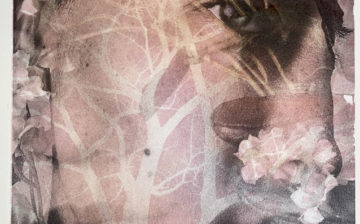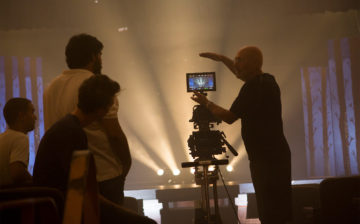Workshops
This extraordinary 10-week filmmaking intensive offers a package of classes taught by accomplished working professionals to equip the complete filmmaker.
There are no available registration dates at this time.
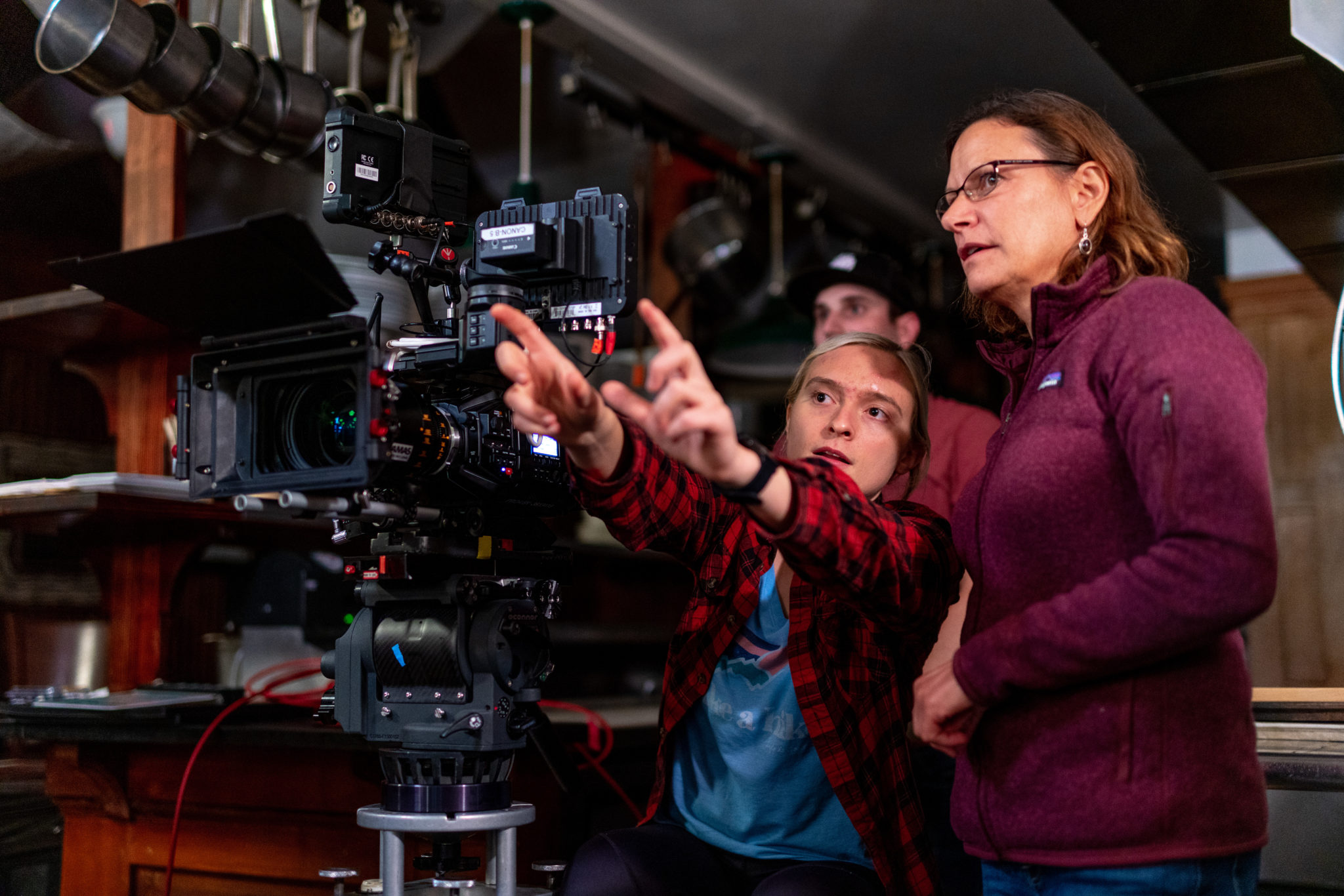
Some individual weeks SOLD OUT. Email [email protected] to check availability or be placed on a waitlist.
To realize their vision, a filmmaker must intimately understand not only the key creative and practical dynamics of their job – but also the roles of their closest collaborators during the development, production, and post-production process of a film.
This extraordinary intensive offers a package of classes to equip the complete filmmaker. Each workshop is led by an accomplished working professional who will provide a uniquely qualified real-world perspective on the realities of the craft, the art and business of filmmaking, and the dynamics of working in collaboration with one another to create and direct a film. View the workshops.
Please note: Each of these workshops can also be taken individually if you are looking to take a specific class. Please contact Registration for information on room & board fees for intensives at [email protected].
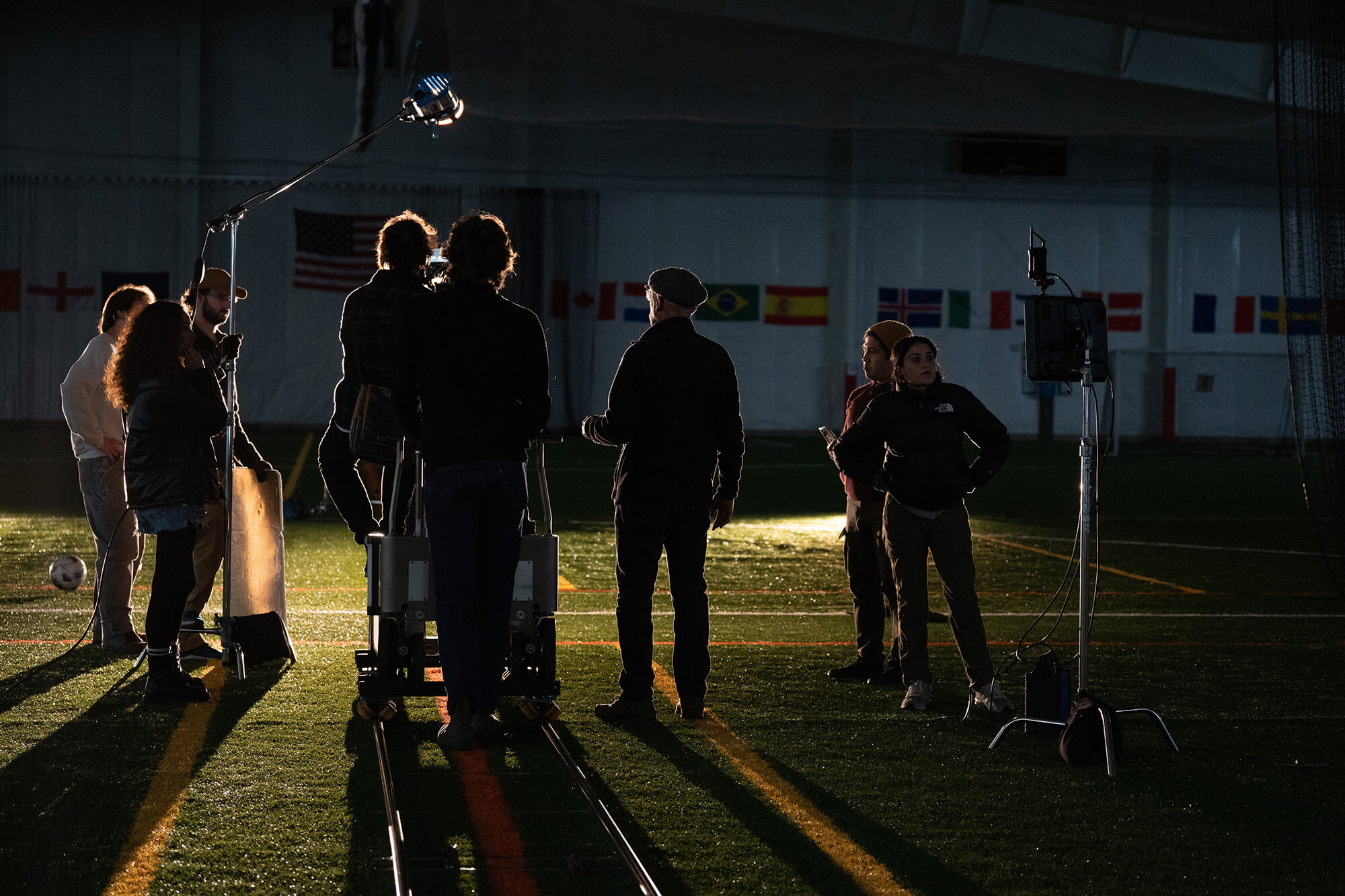
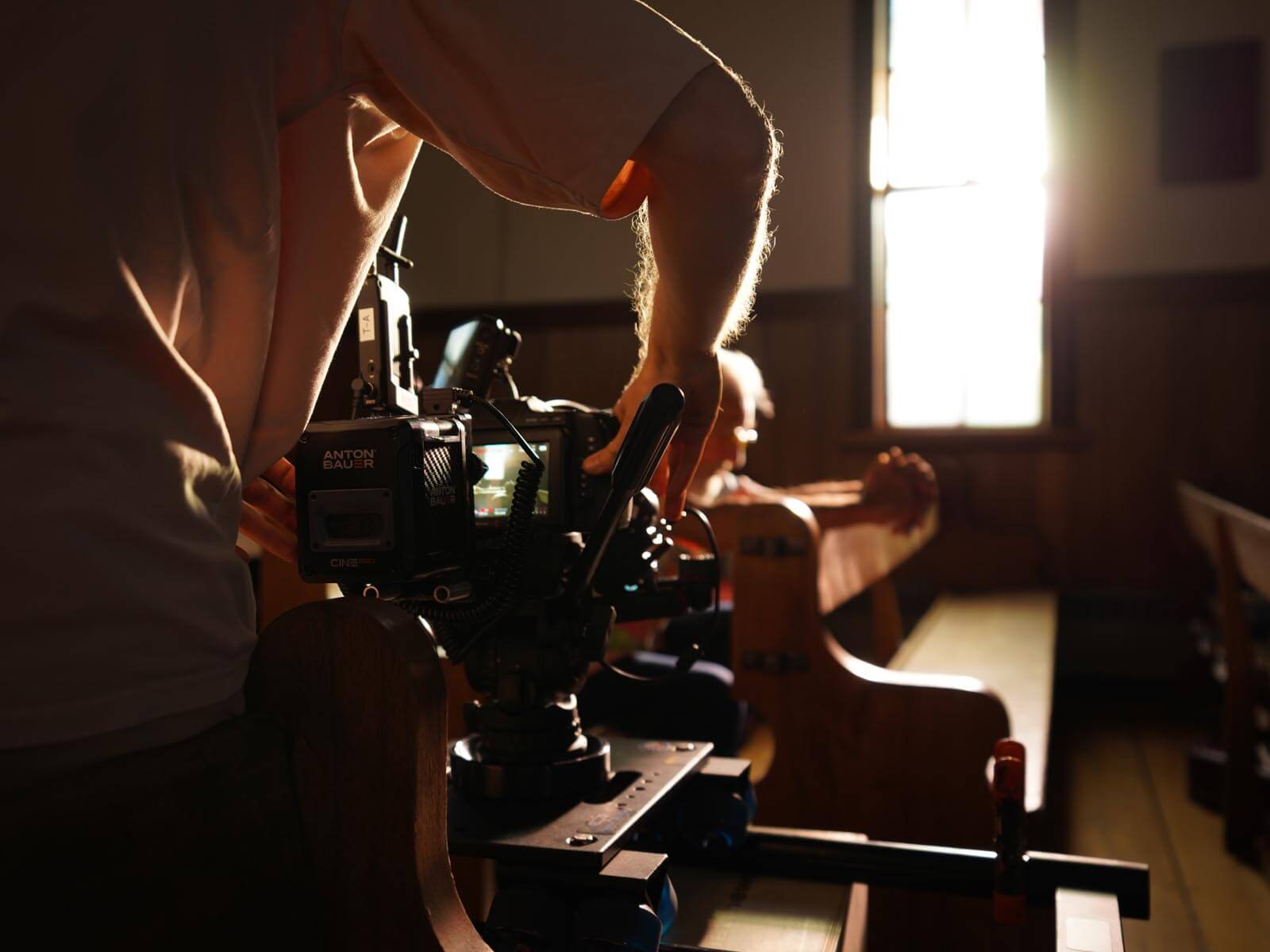
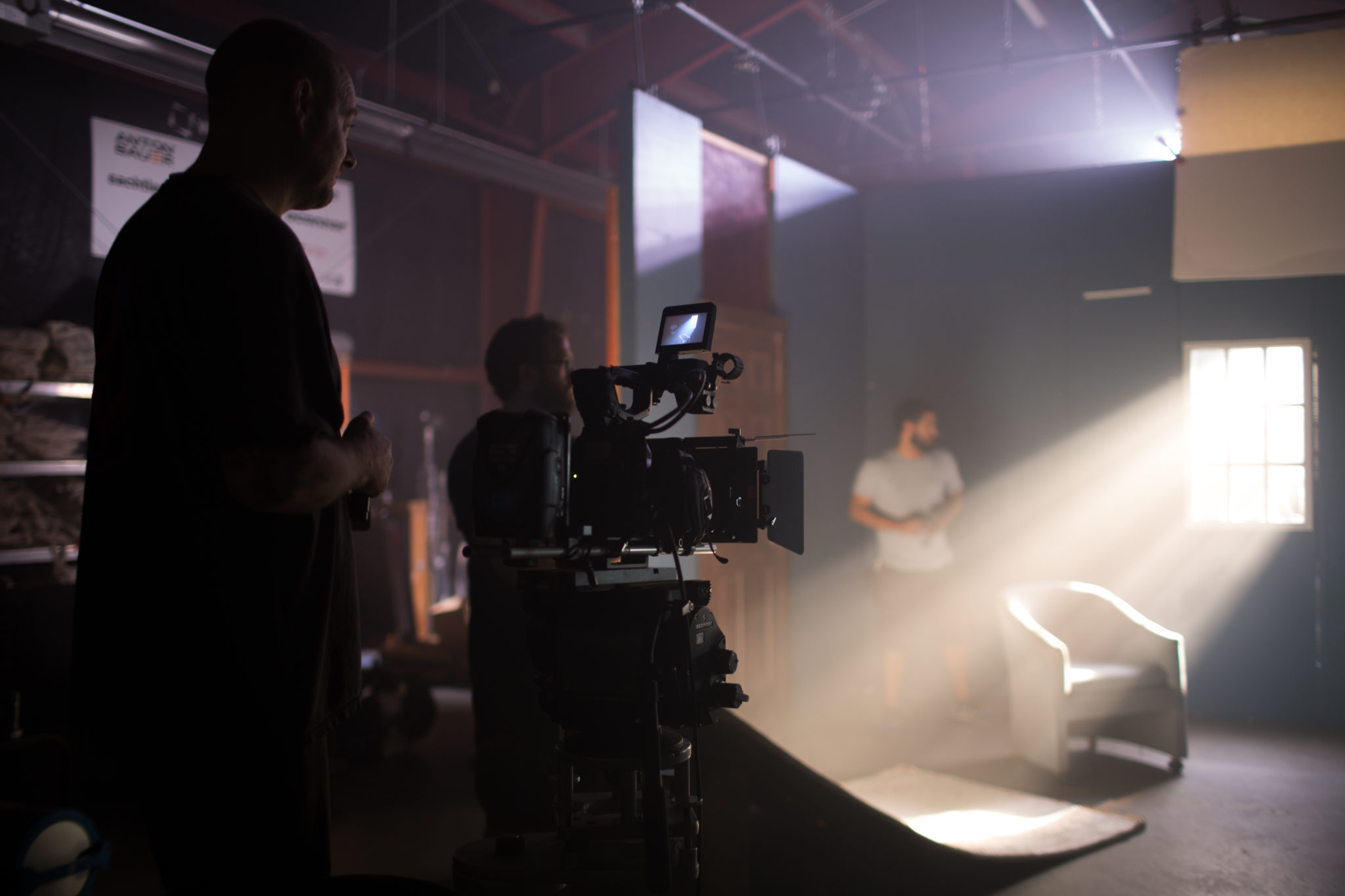
Why Take Filmmaking Workshops At Maine Media
For five decades, Maine Media has trained artists to be on the cutting edge of their mediums. When you access our uniquely intensive and immersive programs, you’ll have the opportunity to take a deep dive into cinematography, directing, documentary, screenwriting, performing, audio, editing, and post-production under the intimate direction of accomplished professionals.
Maine Media students have gone on to win Oscars and Emmys for directing game-changing films and shows like Birdman, The Revenant, Game of Thrones, Breaking Bad, The Walking Dead, Westworld, American Horror Story, and Better Call Saul. Their cinematography credits include Avatar: The Way of Water, Titanic, Wolf of Wall Street, House of Cards, The Irishman, and music videos for artists like Taylor Swift, Michael Jackson, Beyoncé, and Billie Eilish. At just one recent Academy Awards, our alumni won Oscars for Best Picture, Best Director, Best Screenplay, and Best Documentary Feature. In fact, Alejandro G. Iñárritu joined the annals of Oscar history by winning Best Director two years in a row!
Our list of Distinguished Alumni attests to how Maine Media has equipped filmmakers to realize their dreams.
Please note: An hour-long training session on Set Etiquette and Safety will be required of anyone registered for a workshop that involves production. Students only need to participate in this session once during their time on campus.
The 10-Week Filmmaking Intensive Workshops (Jun 17-Aug 23, 2024)
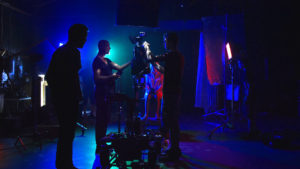
Week 1: Film Flow: Set & Production Dynamics
Are you new to film production and wondering what actually happens on a film set? Get a solid grounding in production dynamics. This week-long workshop gives participants a solid overview of the physical dynamics of film production. You’ll learn what happens on a film set, the way a film crew operates and interacts, and you’ll collaborate in the making of a short film. This “boot camp” is an ideal way to get the big picture of how everything works before taking other workshops and intensives that allow you go deeper into specific craft areas.
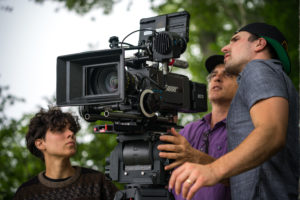
Week 2: Framing The Narrative
The class will examine how different choices in framing and lens choices can impact the power of a scene. Special attention will be paid to how framing, lenses and lighting can be used to illuminate a character’s emotional and psychological state. Students will weigh how traditional scene coverage versus an unconventional approach can enormously alter how the audience experiences a dramatic moment.
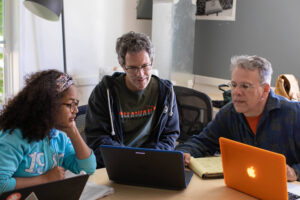
Week 3: Story Structure and Character Development
This unit provides a solid foundation in the essentials of screenwriting: concept, character, story, plot, dialogue, and structure. Guided by a professional screenwriter, students will examine format, the importance of visual storytelling, developing an economical writing style, the process of shaping story, creating compelling character arcs, constructing scenes and sequences, writing effective dialogue, the fundamentals of suspense and tension, and how to outline. The realities of the marketplace will also be discussed. Through writing exercises, students will implement the dynamics discussed in class. Scenes will be workshopped.
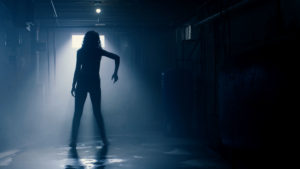
Week 4: Creative Lighting for Film & TV
Working collaboratively as a film crew, students take on the creative and technical challenges of feature film and TV cinematography. The class will learn how to scout a location and plan lighting requirements for a scene. Then, through hands-on exercises, begin to tackle challenging lighting situations with goals to achieve specific visual aesthetics.
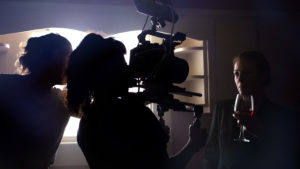
Week 5: The Camera & Visual Storytelling
This workshop will focus on the cinematic language and grammar of shot design, composition, camera placement, and movement, and how these techniques are employed to tell effective and emotional stories. Students will work with a distinguished cinematographer as their instructor. The subtle differences in visual styles and their effects on the viewer are addressed through exercises and screenings. The course will be heavily project-based and the entire latter half of the week will be dedicated to shooting original concepts. By week's end, participants will have created a short, portfolio-quality, cinematic piece, and worked with an editor to see their vision to completion. Projects are screened at the Friday Night Showcase of student work.
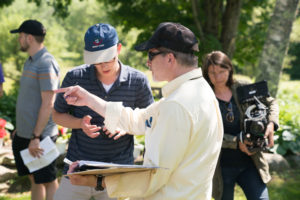
Week 6: The Director's Craft
With the guidance of an accomplished director, students explore and develop effective ways to lead, inspire, manage and direct the cast and crew’s creative energies in order to realize the directorial vision. You will explore and practice casting, and rehearsal techniques, as well as script and scene analysis. Discover how to constructively communicate with your collaborators and break through the obstacles that keep you from being the most effective director and visual storyteller that you can be.
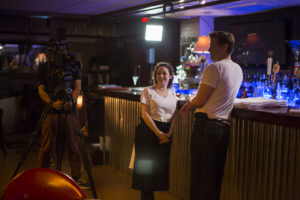
Week 7: Directing Actors for the Camera | John Coles
Learn the language that leads to effective performances. Guided by accomplished director John Coles (HOUSE OF CARDS, THE WEST WING, HOMELAND), this workshop will focus on scene analysis, exercises, and techniques to take directors deeply into the dynamics of directing actors. What does an actor need from a director in order to deliver the best performance? How do directors and actors embrace the freedom to risk that can lead to breakthroughs? Preparation sets the stage for compelling and inspired work. Throughout the week, students explore and rehearse scenes with a team of professional actors.
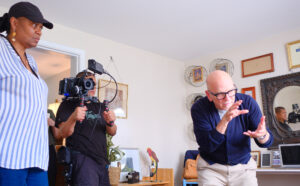
Weeks 8 & 9: Directing Master Class | Allen Coulter
Spend two weeks with one of today’s most accomplished directors. In weeks three and four of the intensive, get an intimate view into the process of master director Allen Coulter whose credits include THE SOPRANOS, BOARDWALK EMPIRE, SEX AND THE CITY, HOUSE OF CARDS, and NURSE JACKIE. The class will examine the planning, casting, shooting, and editing of scenes and sequences from the instructor’s acclaimed body of work, learning how to think outside of the box and identify the elements that can amplify a scene’s power in bold and unexpected ways. Then you will observe as this director prepares to shoot a scene, collaborates with his cinematographer, and rehearses with professional actors. You’ll watch the production of the scene and then his approach to editing it. In the second week, students will have the opportunity to direct their own scenes with the instructor’s guidance. A professional cinematographer and a team of professional actors will support the class. Students will explore the dynamics and nuances of scene coverage and point-of-view, the motivation behind camera moves, and be guided by Allen on how to communicate with cast and crew to get the most out of each. These two weeks will transform your understanding of the director’s art and craft.
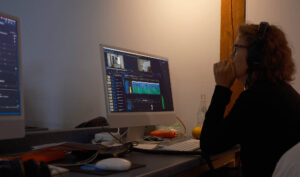
Week 10: The Art of Editing
Through screenings, theory discussions, and analysis of films, led by an accomplished editor, students explore how pacing, shot selection, rhythm, and juxtaposition can be used to create emotional impact and advance a story. The workshop examines how good editors approach their footage, develop a process, and ultimately create a unique stylistic identity.


